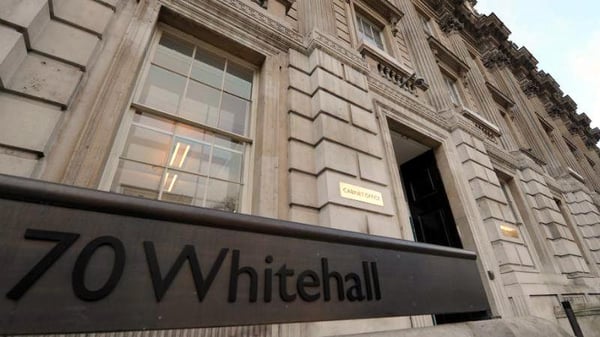A cluster of central government departments in the UK, known as the “Matrix” cluster, has awarded a significant £144.3 million contract to Workday, a SaaS-only provider, and Cognizant, the systems integrator, marking a major step in the modernisation of HR and finance systems across these departments. This deal signals a shift in preference away from Oracle and Microsoft, the traditional heavyweights in this space.
The Department for Science, Innovation, and Technology (DSIT) procurement notice indicated that the total contract, covering both the software and integration services, will run for 10 years, with options for extensions up to two additional years. The systems integrator deal will span five years, with potential extensions of up to 24 months. The procurement initially projected a deal worth up to £215.6 million, but the final contract is confirmed at £144.3 million.

The Matrix cluster includes departments such as the Cabinet Office (CO), Department for Science, Innovation and Technology (DSIT), Department for Energy Security and Net Zero (DESNZ), Department for Culture, Media and Sport (DCMS), Department for Business and Trade (DBT), and others. Arms-length bodies, including the UK Space Agency, are also part of the cluster.
This deal marks a strategic departure from the shared services arrangements in place at several of these departments. According to the government’s Shared Service Strategy published in 2021, several departments, including HM Treasury and the former Department for International Trade, had been using Oracle systems. Meanwhile, other departments, such as the Department for Education, used Workday for HR and payroll. The goal of the Matrix project is to converge multiple systems into one unified solution, serving 48,000 users across these departments.
In January 2023 Alex Chisholm, the then Chief Operating Officer of the Civil Service, described the Matrix bundle as "the trickiest one of the five" ERP clusters when addressing the Public Accounts Committee. He highlighted that the departments had to undergo an 18-month process of compromise and commitment to create a shared system with limited customisation, reflecting the significant challenge of aligning multiple departments on a single platform.
The government aims for this new shared service to improve efficiencies, streamline processes, and create a common standard for HR and finance across departments. However, with the complexity of aligning policies, data, and processes across such a diverse cluster, the project's success will depend on continued collaboration and a commitment to shared goals.




.jpg?width=600&name=Untitled%20design%20(40).jpg)

